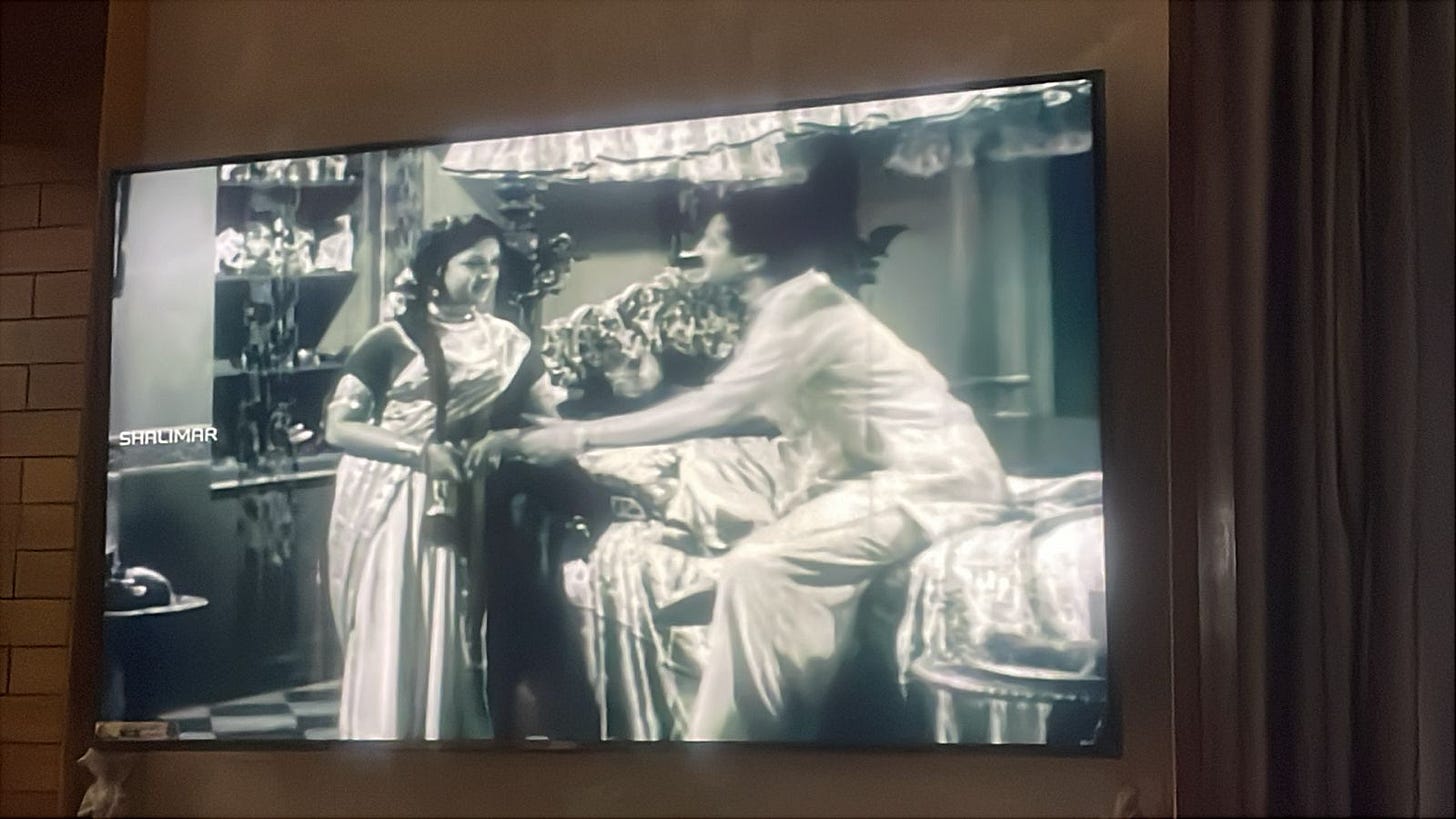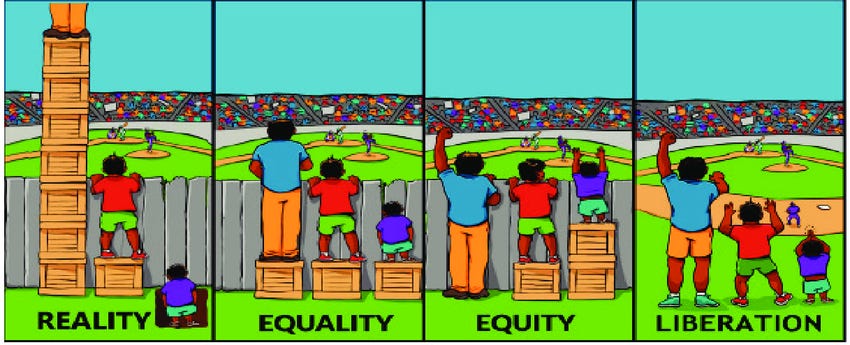The పాత తెలుగు పుస్తకాలు (Old Telugu books) groups completed reading కన్యాశుల్కం (Kanyasulkam=bride price). We started it in Week 24/2025. The English preface to the book says, “…literature can not have a higher function than to show up such practices and give currency to a high standard of moral ideas. Until reading habits prevail among the masses, one must look only to the stage to exert such healthy influence.” I think this book/play served that function well. It critiqued several superstitions and regressive practices of the time in a humorous way. It also taught me interesting words in Telugu. I wrote more about it here: Goodreads
After reading the book, I watched the 1955 movie adaptation of it. As readers always say… “the book is better.”
August 24th, 1892, was when this play was first enacted. It has been 130+ years and the book could still make us laugh and reflect. Books are magical time capsules!
I am increasingly observing datasets with the .parquet format on DataMeet. There was one email thread mentioning parquet files in 2018, two in 2024, and seven in 2025 so far. This is great! It could mean that we have bigger public datasets now. Parquet files help in storing and processing bigger datasets in a very efficient way. I learned more about it this week and noted my learnings here: Parquet Notes.
Here is our AQI bulletins dataset in parquet format: AQI Bulletins.parquet.
I made an 18-rupee PayTM transaction and that led to a fun stats blog: Am I a smoker?
Pranay Kotasthane’s piece on the caste census is an important read. I've always argued FOR reservations because representation of marginalized communities in law & order is essential. Primarily because law & order is a monopoly of the state. I've argued more here: Today’s case for reservation.
But none of the nouveau reservation demands are in a monopoly sector of the state. They are even venturing into the private sector. If a private person/company turns out to be casteist, we can socially call them out, stop purchasing their products, and encourage entrepreneurship of oppressed/discriminated castes. There are many liberal policies available in the social-economic spheres to achieve liberation.
I read about the “Lunar Society” in Carl Sagan’s “Shadows of Forgotten Ancestors” (Weekly Letter 49/2024). It was basically a dinner club during 1765-1815 where a few interesting people gathered to discuss and exchange notes. James Watt (steam engine), Erasmus Darwin, and Benjamin Franklin were a few of them. Ever since I read about it, I wanted to start a reading group that draws in serious people. I believe that there is some serendipity that can happen if we read things together, instead of reading them alone.
I tried a constitutional reading group first, but it didn’t work. So here is another attempt at it. Along with Kartik Kwatra, who first suggested this idea, we are starting a reading group called “Model Thinker.” I named it after the book: The Model Thinker, with which we want to kickstart our reading. As the name indicates, we'll read about all kinds of models: stats/DS/GIS/AI, etc. Meetings will remain virtual but I hope members meet whenever they can.
The idea is simple: we decide on reading material; you have to read it every week or two and then show up to present your work, discuss, and brainstorm.
If you want to be part of this group, please promise yourself that you are going to read every week. It'd take some effort to start enjoying the group. This is not for networking (it can be a byproduct) or chilling on a weekend.
When you click on "Ask to join group," please include two things in your reason to join the group:
1. Your data work that you are proud of.
2. Your favorite reading material (OR) material that you want to read in the group.
A few nice things to read/watch:
My first work was about urban flood management in Hyderabad. This blog by Dakshesh took me down that memory lane. It is about urban flood risk in Mumbai with his personal take.
I found some excellent proposals at IndiaFOSS. Here is one such proposal: Sanchari-Kathegaara: Community Mesh Networks with Tribal Settlements in Karnataka. We generally have a narrow view of the uses of science and technology. Projects like these help us break that narrowness.
The Strange Math That Predicts (Almost) Anything - I’m yet to watch this video. But I was suggested to watch this by 4 people. This will be my weekend watch.
Happy weekending!




I’m amazed as always with your weekend updates! My man is living his life to the fullest… keep inspiring bro ✌🏻♥️
Thanks for the plug man.